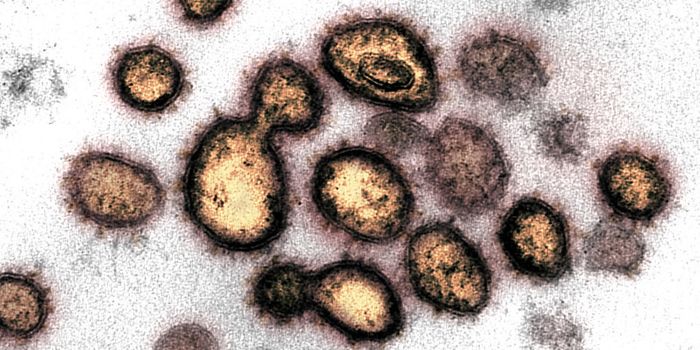Updates on the Expanding Measles Outbreak in the Americas
Measles is caused by a virus that is thought to be one of the most infectious pathogens ever known to humankind. Easy to access to vaccines had enabled the United States to nearly eradicate measles. But vaccine rates have decline sharply in recent years, and many places are now far below the vaccination rate needed for herd immunity, which is 95%. Worldwide, childhood vaccination rates have fallen to about 83%. According to the US Centers for Disease Control and Prevention (CDC), as of 2019 only about 91.9% of Americans13 to 17 years old had been vaccinated against measles, mumps, and rubella (MMR) with two or more doses.
The World Health Organization (WHO) has taken notice of an ongoing, major measles outbreak in the Americas. There have been 2,318 confirmed measles cases, including three deaths, in six countries in the WHO Region of the Americas in the first months of 2025. This is eleven times as many cases that were seen during the same time period the previous year.
There have been at least 1,069 cases in Canada, 421 in Mexico, and at least 1,001 confirmed (and many more suspected) cases in the US so far this year.
Measles is typically seen in Americans who are not vaccinated or who do not have sufficient vaccine protection; when these individuals travel overseas and are exposed to the virus, they can contract it and bring it home.
Americans who are over the age of 50 probably only received one dose of the measles, mumps and rubella (MMR) vaccine, but recommendations changed in the 1990s, and experts began to suggest two doses.
But because of declining vaccination rates, there are now eleven US states with ongoing measles outbreaks. While some cases have been linked to travel, 93% of confirmed cases have been connected to domestic outbreaks.
Another problem with US measles outbreaks is the promotion of so-called alternative treatments such as vitamin A by some authorities, like RFK Jr. who now leads the The US Department of Health and Human Services (HHS). But vitamin A carries serious risks, and several Texas children have already been hospitalized because they were given vitamin A as medicine, and it was toxic. Vitamin A can damage the liver, central nervous system, skin, and bones. It has also been linked to severe birth defects when taken by pregnant women.
A recently released fact sheet from the CDC has made some attempt to provide clarity on measles treatments. It notes that no specific FDA-approved antiviral therapy exists for measles. Usually. only the symptoms of measles are treated, such as with fluids, or a fever reducer. Since measles is a viral disease, antibiotics are not helpful.
They note: "Vitamin A may be used under the supervision of a healthcare provider." They add that vitamin A is not a useful substitute for vaccination, and it "does not prevent measles."
Sometimes, in places where vitamin A deficiency is common, a vitamin A supplement has been helpful in reducing mortality in children who get measles and pneumonia.
While measles may seem to only cause a rash or fever, it can also lead to hospitalization, encephalitis, pneumonia, and death.









